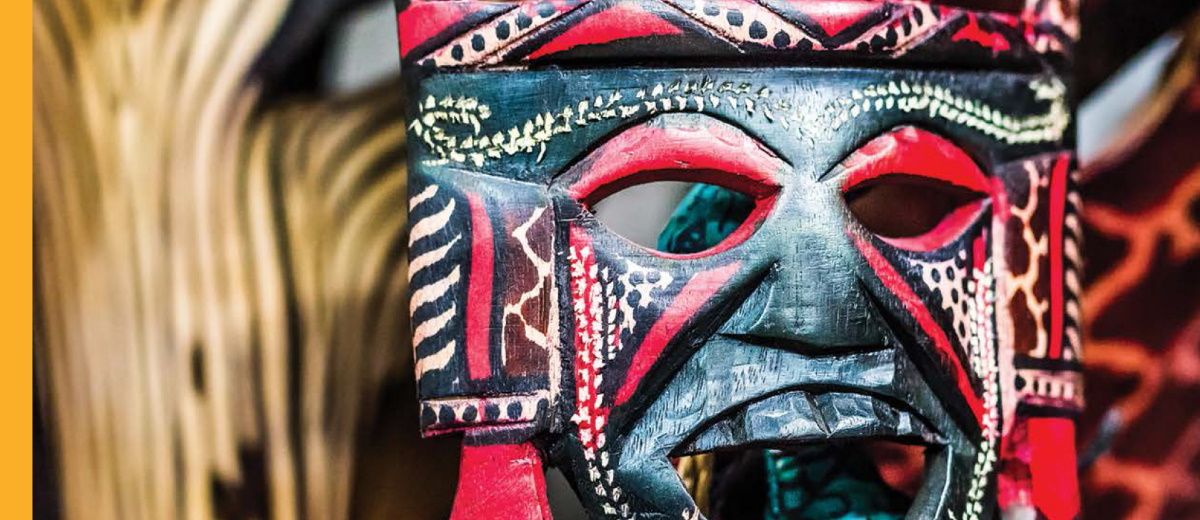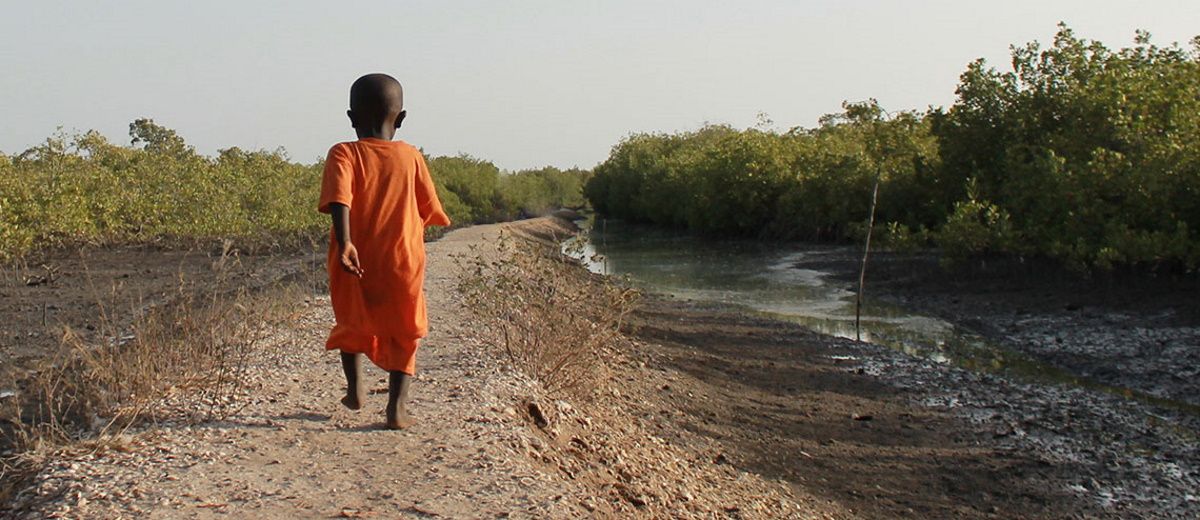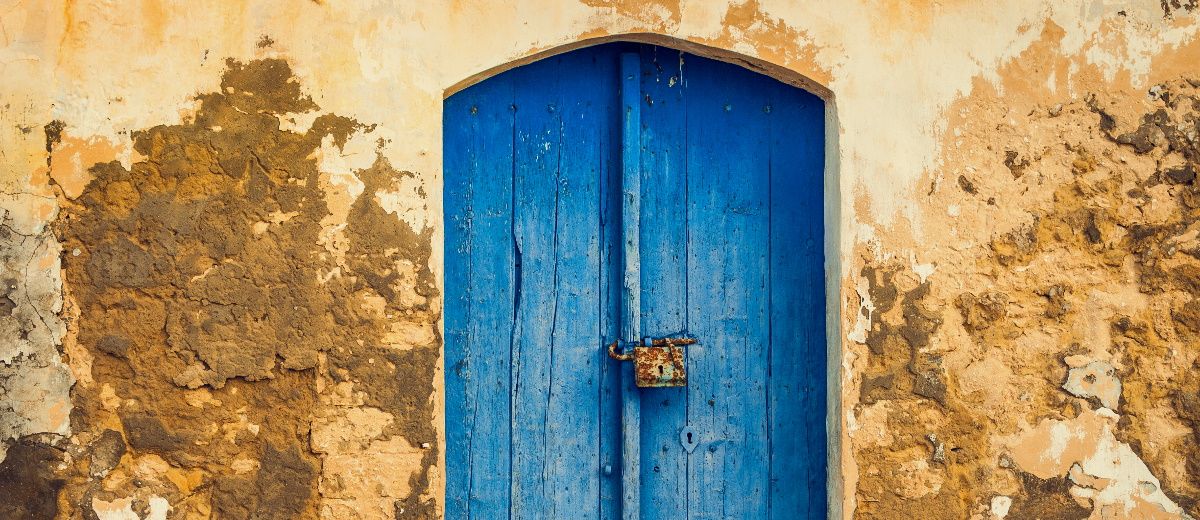God at Work in the Democratic Republic of the Congo

The Democratic Republic of the Congo is the largest country in Sub-Saharan Africa, by land area, and the second largest in all of Africa. It is the fourth most populated country in Africa, the sixteenth most populous country in the world. It was a French speaking country until it was annexed in 1908 by Belgian and became known as the Belgian Congo.
In 1960, the Belgian Congo achieved independence and became known as the Republic of the Congo. Soon political conflicts arose over the administration of the territory and the leaders turned to the Soviet Union for assistance. The unrest continued until an army coup in 1965. In 1971, it was renamed Zaire and was run as a dictatorial one-party state with the Popular Movement of the Revolution as the sole legal party. Due to its anti-communist stance during the Cold War, the United States assisted its leaders.
Despite the history of unrest in the Congo, many Christian missionaries have continued to labor to preach the gospel. One of the very large people groups is the Mangbetu tribe, which is divided into six subgroups. Their traditional belief system includes a complex of ideas about witchcraft and sorcery. The Mangbetu kingdom was already highly developed at the time of first contact with Europeans. However, compared to some of their neighbors, the group has advanced little in the areas of education and economics.
The famous C. T. Studd was a missionary to many lands and people groups. When he labored in the Congo, he too tried to reach the Mangbetu tribe with the gospel. The Mangbetu tribe was particularly resistant to his message and not one person openly responded to the gospel while he labored there. He died and was buried in the Belgian Congo in 1931.
In 1939, J. W. Tucker and his wife, Angeline, began serving as missionaries in the beautiful northern region of the Congo. They had three children born during those years. In 1964, as the Tuckers were nearing the end of their furlough, J. W. told his wife that he believed God wanted them to return to their ministry in the Congo. Angeline did not think it was a good idea to return to the turmoil and danger stirring throughout the country at the time. He firmly told her that God had told him to “GO” — He didn’t necessarily say he had to return home.
He firmly told her that God had told him to “GO” — He didn’t necessarily say he had to return home.
Just two weeks after they returned to the Congo, the conflicts with the communist led rebels and the nationalists escalated and civil war broke out. The rebels came regularly for “inspections” and roughed them up. At least once a pistol was held to J. W.’s head as they threatened to kill him. They were put under house arrest. A few days later, the rebels forced J. W. and his teenage son, John, into a car and carried them away. After interrogation, they were released; this occurred again on October 21. But on November 4, 1964, J. W. Tucker was taken away again, the day before his 49th birthday. This time he was placed with about 35 others in a Catholic mission which was being used for a prison.
Getting out of the Congo was impossible at this point. Angeline was able to visit J. W. at the mission and take walks with him from time to time, which lifted the spirits of both of them. A friendly commander even permitted J. W. to visit his family at home. The other prisoners were appreciative of J. W.’s presence and said: “He prays for us and gives us hope and strength and confidence.”
They were hopeful that a rescue would come when they learned that the UN was negotiating with the rebels and that paratroopers had landed at Stanleyville, rescuing about a thousand prisoners — though the martyr, Dr. Paul Carlson, was killed at that time. But then the negotiations broke down on November 23 and the situation became more desperate.
On November 25, the day before Thanksgiving, Angeline called the Catholic mission to see how J. W. was doing. The Catholic nun said: “He is in heaven.” They pieced the story together and learned that the rebels had taken thirteen prisoners, including J. W. and some Catholic priests, and had beaten them to death with clubs. Theyloaded their bodies onto a truck and took them about 40 miles to the Bomokande River at a place called Nganga. There they were fed to the hungry crocodiles.
Two days later, Belgian paratroopers arrived in Paulis to rescue the Europeans and Americans. But for J. W. Tucker, it was two days too late. Like so many others before him and since that time, he would wear a martyr’s crown.
Like so many others before him and since that time, he would wear a martyr’s crown.
After 26 years of successful ministry in the Congo, it all seemed such a waste. But there is more to the story.
For many years J. W. had tried, with little success, to reach out to the Mangbetu tribe with the gospel, but the tribal king refused to allow him to preach to the people saying: “We have our own gods.”
During the Simba rebel uprising, fighting spilled into Mangbetu territory. In desperation, the king requested help from the central government in Kinshasa. The government responded by sending them a man of powerful influence from the Isidro area. They called him “the Brigadier.” Just two months before J. W. Tucker was killed, he won this man to the Lord.
The Brigadier became chief of police in the Nganga area. When the Brigadier arrived in Mangbetu country, he quickly realized they were pagans. So he determined to win them to the Lord. Being a new Christian, he shared the gospel with them as best he could, but with no success. Being somewhat discouraged, he began to pray and the Lord gave him an idea. So he sent word to the king to bring his tribal elders and meet with him.
When the tribal delegation arrived, the Brigadier said: “From time immemorial, you have had a saying: ‘If the blood of any man flows in our river, the Bomokande River, we must listen to his message.’ A man’s blood has flowed in your river. He tried to give you a message about his God who sent His Son to die for your sins, so that all who believe on Him will have eternal life. And I am bringing his message to you. This man’s blood has flowed in your river, so you must hear his message.” As the Brigadier spoke, the Spirit of the Lord began to move in their hearts and many received the Savior that day.
This proved to be the key to their hearts. The Christian police chief had a very receptive audience. Individuals began to accept the message and to receive Christ as their personal Savior. Within a couple of years, there were thirty churches planted among the Mangbetu people. Fifty years later, it was reported that about 600,000 people had now professed to have received Jesus Christ as their personal Savior.
This proved to be the key to their hearts … Individuals began to accept the message and to receive Christ as their personal Savior.
The story continues.
A Bible translation project was started in 1980 and three booklets of New Testament selections have been published. In the 1990’s, literacy was emphasized. Unfortunately, until now, there has been little for them to read. Today a Bible translation team is working among them. Pray that the Mangbetu people will soon have God’s Word in their own heart language.
J. W. Tucker’s wife, Angeline, and his children continued to carry the burden of reaching the people in the Congo. In 1972, Angeline Tucker was reassigned to return to the Congo. When she returned for a furlough four years later, she became ill and passed into the presence of the Lord after only a few days.
The Tucker’s daughter, Carol, was a member of our church in Missouri. Her daughter, Nicole Gariepy, followed us to Ohio as a student at BSWE with a passion to go to the Congo and carry on the work of her grandparents. She married a missionary who had started an orphanage ministry in the Congo and followed him there. Due to complicated pregnancies, she had to return to the States for each delivery, but would return to the ministry again after the birth of each child. The Congo has a history of civil unrest, which has forced the closing of their ministry at this time. They are now back in the States, but their hearts are still in the Congo and Nathan continues to make trips back to the work. The passion of J. W’s family to reach the people of the Congo has never wavered.
We can only look at the missionary work among the Mangbetu as an illustration of the Scripture that summarizes the ministry of a missionary: “So then neither is he that planteth any thing, neither he that watereth; but God that giveth the increase.” (1 Corinthians 3:7)






